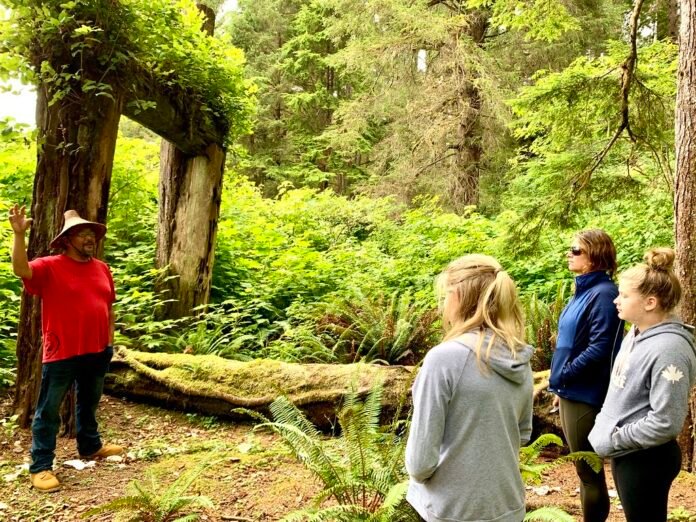When Tara Croker entered the native food and beverage industry two years ago, she discovered Indigenous representation was less than 2 per cent—and community benefits were scarce.
That reality ignited a passion in the Wiradjuri woman, who launched Yaala Sparkling, a beverage startup, in February 2023. She’s part of a new wave of Indigenous entrepreneurs reshaping the economic landscape.
“There’s a lot of other businesses out there unfortunately in the black-cladding space using language or Indigenous artwork, or these flavours that are not coming from communities,” Ms Croker said.
Breaking New Ground
As the first in her family to run a business, Ms Croker faces the challenge of educating markets on why Indigenous ownership matters.
READ MORE: Toodyay Woman Mavis Rowles Celebrates 101st Birthday with a Century of Memories
“I haven’t got generations of business owners or entrepreneurs around me,” she said. “I grew up in housing commission … so I certainly do see in myself that I do have that scarcity mindset.”
The First Economy Report
A discussion paper titled The First Economy from the First Nations Foundation (FNF) found significant growth in the Indigenous business sector, yet pointed to major obstacles:
- Access to capital
- Lack of culturally safe support
- Entrenched racism
Despite these, First Nations businesses contributed $16 billion to the Australian economy from 2021–2022, employing over 116,000 people, according to the Dilin Duwa Centre at the University of Melbourne. More than 13,600 Indigenous-identified firms were active in 2022.
Financial Literacy: A Missing Piece
FNF CEO and Wiradjuri man Phil Usher said a lack of financial education limits prosperity.
“When we look one or two generations above, they were on reserves and missions, they were paid in rations, alcohol, tobacco, sugar,” he said. “We had the stolen wages … but now, we’re doing well in the workplace, and we don’t have that generation to ask about money.”
Mr Usher’s mission is to upskill Indigenous business owners and close the wealth gap. He urged governments to broaden their support beyond job creation in remote communities.
“There’s an opportunity where there’s this cohort that’s really on the cusp of doing something amazing and they just need a little bit more education,” he said.
Beyond Mentoring
Fiona Harrison, another Wiradjuri businesswoman, echoed the need for financial literacy, but said follow-up support is crucial.
She runs Chocolate On Purpose, a social enterprise combining gourmet chocolate and native botanicals to share cultural stories.
“We give them the mentoring, but then it stops and you’re left to your own devices to apply for grants,” she said. “The fear that our old people felt is still very real in our DNA … I am so risk averse that I am working against myself.”
Government Response and Inquiry Impact
In 2023, Mr Usher presented these concerns to a federal parliamentary inquiry into economic self-determination for First Nations Australians. The inquiry made 22 recommendations, including:
- Funding a national dataset on First Nations business contributions
- Developing new ways to access finance and capital
The National Indigenous Australians Agency (NIAA) says it delivers business support programs across development stages and is reviewing the inquiry’s recommendations to identify what more can be done.
Meanwhile, a spokesperson for NSW Minister for Aboriginal Affairs and Treaty David Harris said NSW is the only state with a Closing the Gap Priority Reform focused on Aboriginal economic prosperity. The state has delivered a $10 million Aboriginal Business Growth Roadmap.
Looking Ahead
Mr Usher said the inquiry marks a turning point in how Indigenous business is perceived.
“We have something significant to contribute,” he said. “We shouldn’t be seen as just a deficit or social policy.”
For Ms Croker, the journey continues—but with hope.
“I would love to be the true drink of Australia,” she said. “After the [Voice] referendum and seeing a lot of disconnection in the country, it’s a small positive way to have a drink with someone and start a conversation.”
